Blog
Oxford Brookes University Music and Film scholars present the inaugural Sound on Screen online conference, 16–18th June, 2021

Keynote (12:45pm, 17th June): Emilio Audissino: Biblical References and Ominous Anticipations in John Williams’s Score for Raiders of the Lost Ark
This exciting three-day online event features international scholars presenting innovative and interesting papers exploring different aspects of sound on screen.
Topics covered include:
- Close readings of film scores and sound design (old and new)
- Sound design, space and architecture
- Scores for documentaries and archive film
- Television scores
- Use of Pre-existing music
- Library music, authorship and more…
All are welcome. The full programme and access links for the sessions can be found at: https://sites.google.com/brookes.ac.uk/soundonscreen2021/
More details and documentation of the event can be found on our Facebook page and Twitter.
Any queries, please contact SoundOnScreen2021@gmail.com
#2021Sound, @2021Sound
CFP: Sound on Screen I – Online Conference (17–18 June 2021)
Sound on Screen I
Online Conference, 17/18 June 2021
Call for Papers
Deadline for submissions: Sunday 14th March 2021
Please submit an abstract of no more than 300 words and a one-paragraph biography to SoundOnScreen2021@gmail.com by the deadline stated above.
The inaugural Sound on Screen conference welcomes submissions from scholars that explore the relationship between music and/or sound and the screen. We welcome submissions from scholars at any career stage, and from a wide range of disciplines such as (but not restricted to) musicology, film and television studies, cultural studies, communications studies and so forth.
Film music studies is now a well-established sub-discipline both within musicology and film studies. Volumes such as Mera, Sadoff, and Winters (2017) help framing the field of music and sound ‘within the context of narrative media’ and help shaping further the discussion of sound across a multiplicity of screens and a variety of modality of film consumption. It is within this breadth of contexts that we welcome papers from this popular area of research, but we particularly welcome papers that approach developing avenues of research such as the use of sound in film or television, or music for the smaller screen such as television or on-demand mobile media. Mera, Sadoff, and Winters (2017: 1) claim that ‘screens are now ubiquitous in our lives’, and so the academic study of the accompanying music and sound has never been more pertinent. This conference takes its cue from Chion (1994) and Mera et al. (2017) in drawing together ‘different practices and technologies under the same umbrella without attempting to obfuscate the differences that exist between them’.
Topics might include:
- Music and sound in the Golden Age of Hollywood
- Music and sound in narrative television
- Music and sound in European cinema
- Music and sound in documentary film
- Music and sound in traumatic film and/or television
- The absence of music and sound in film and television
- Music and sound in animated film and television
- Audience engagement with music and sound in film
- Sound on screen as practice: composers and/or sound design
- Sound effects and/or noise on screen
The programme committee consists of Dr Jan Butler (Senior Lecturer in Popular Music, Oxford Brookes University), Dr James Cateridge (Senior Lecturer in Film, Oxford Brookes University), Dr Matt Lawson (Senior Lecturer in Music, Oxford Brookes University), Dr Lindsay Steenberg (Reader in Film, Oxford Brookes University) and Prof Daniela Treveri Gennari (Professor of Cinema Studies, Oxford Brookes University).
The conference is organised with the support of the Centre of Research in the Arts (CoRA).
Further information can be requested by contacting SoundOnScreen2021@gmail.com
You can also follow the conference, both before, during, and after the event, on our social media pages:
www.facebook.com/SoundOnScreen2021
www.twitter.com/2021Sound
Next PMRU event: “Explore Squeeze’s Spot the Difference album (2010)” at the IF Oxford Science + Ideas Festival
Friday 19 October 2018, 19:00–20:30
Wig and Pen, 9-13 George St, Oxford, OX1 2AU
The PMRU team will be appearing at the IF Festival in October, looking at changing ownership and the sounds behind Squeeze’s 2010 album, Spot the Difference.
Booking required; pay what you decide.
Why would a band attempt a perfect re-recording of their greatest hits? And what can we find out when they do? Come and join Oxford Brookes’ Popular Music Research Unit to Spot the Difference between Squeeze tracks as they shift across audio formats, record companies and publishers over time.
Squeeze’s Spot the Difference album is an unusual attempt to recreate, note for note, and sound for sound, the original recordings of the band’s greatest hits. The motivation behind the record was for the band to reclaim lost copyright. Recorded music copyright mainly consists of three types. Squeeze had already lost half of the copyright residing in the notes of the songs (type one) and the lyrics (type two) in an early contract, but a loophole in the contract meant that after a period of time had passed, they could attempt to reclaim all of the recording rights (type three) by recreating the original recordings.
PMRU have been exploring the background and ramifications of this album, both for Squeeze themselves, and for what it can tell us about the details of the band’s original signature sound, and more generally, what happens to the sound of recordings as they are reissued time after time and on new formats, and how the complexities of copyright impact the music and sounds that we hear.
At this interactive event, PMRU will share some of their findings about the album and invite you to have a go at researching the album yourselves through hands on activities in a relaxed atmosphere (with bar!).
Activities will include: Dr Jennifer Skellington leading an exploration of copyright, David Carugo leading an activity on listening to the stereo field, Joe Turner leading an activity on spotting the difference between the different tracks’ production, and Dr Jan Butler leading an activity on exploring how different versions of tracks appear on the album.
There’ll be plenty of time for discussion with PMRU and lots of listening to Squeeze.
We look forward to seeing you there!
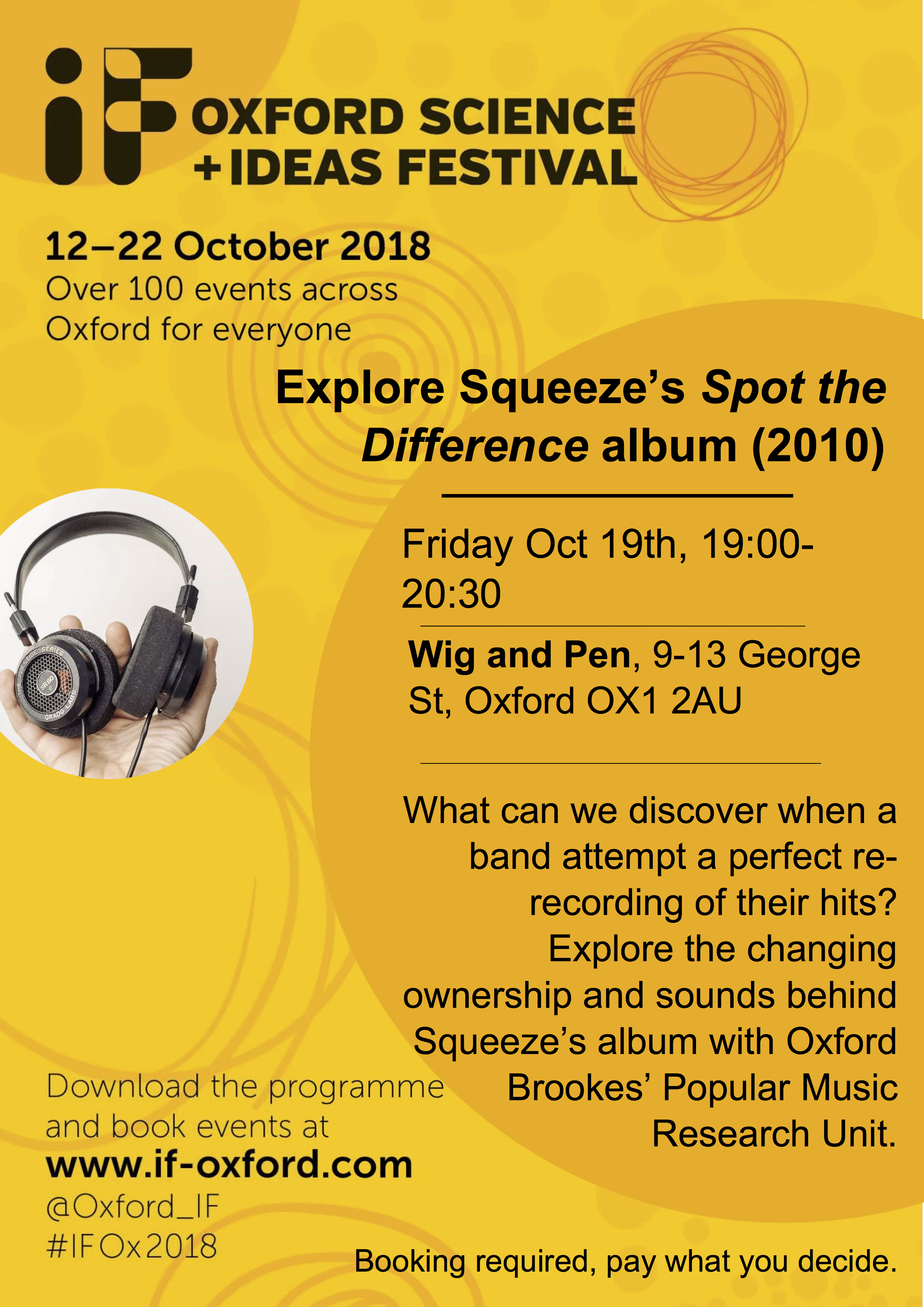
Next PMRU event: “Nightshift: Exploring Oxford’s Music Magazine” – Tuesday 27 March 2018
Nightshift: Exploring Oxford’s Music Magazine
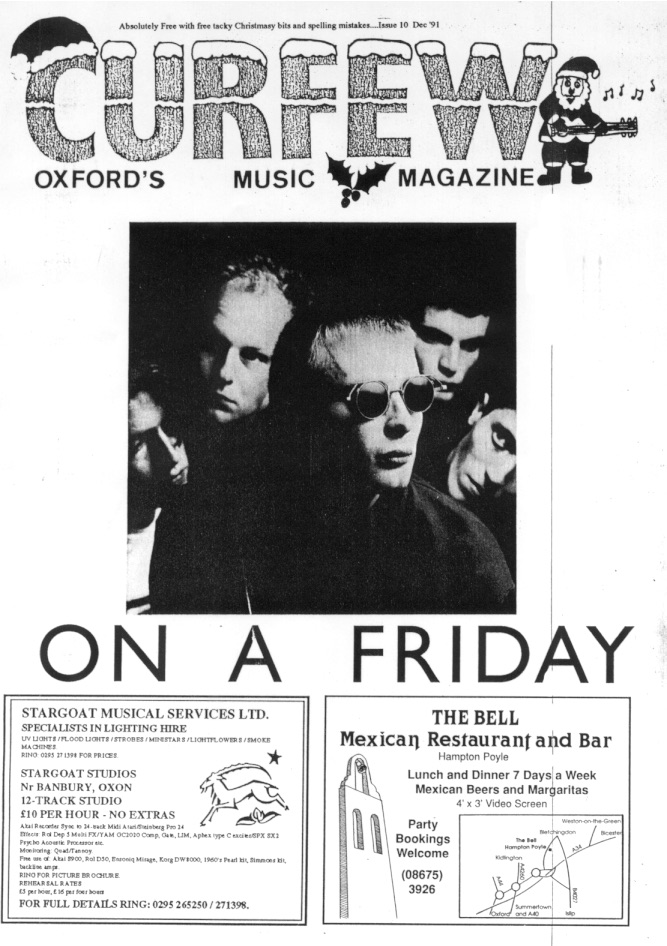
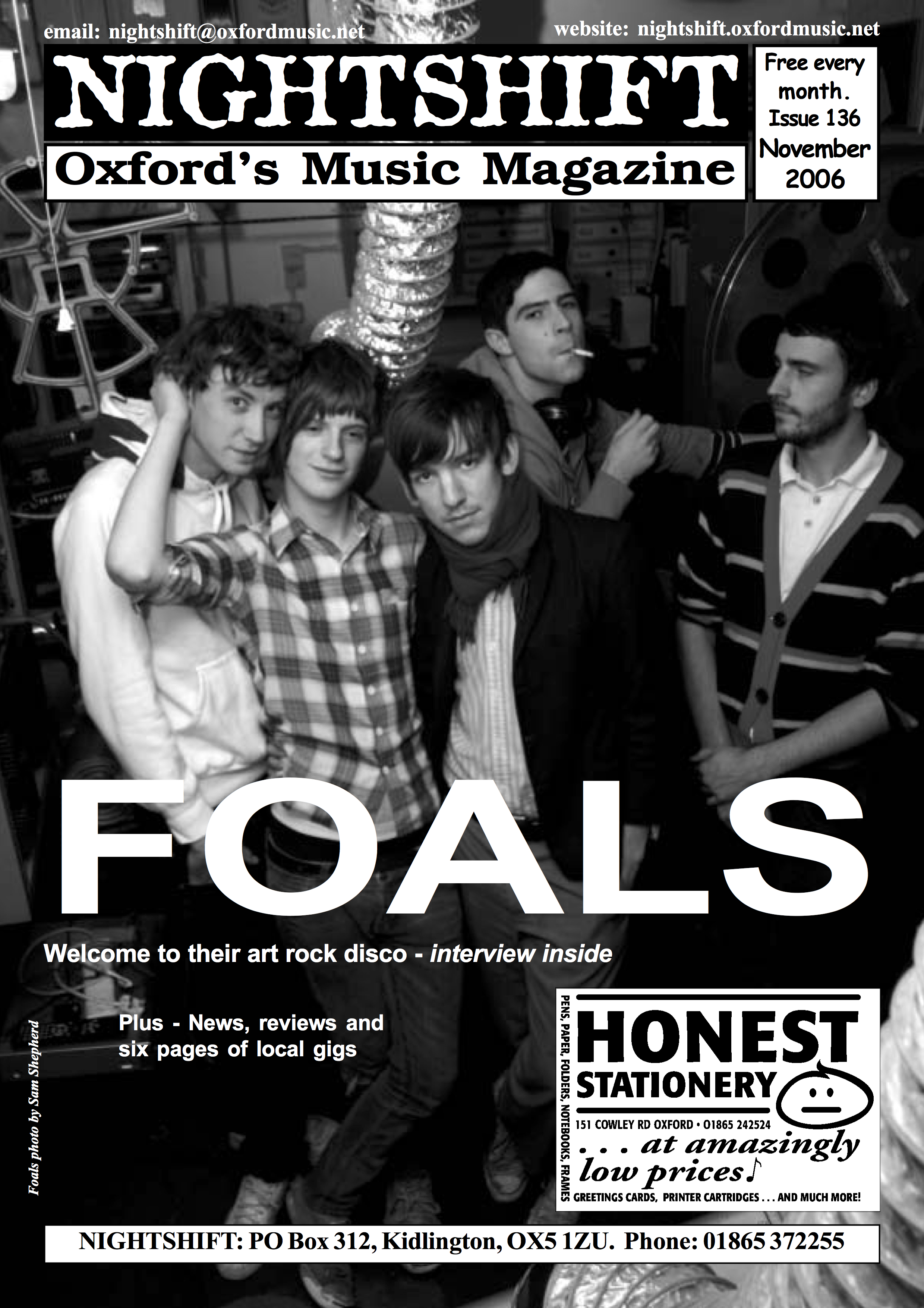
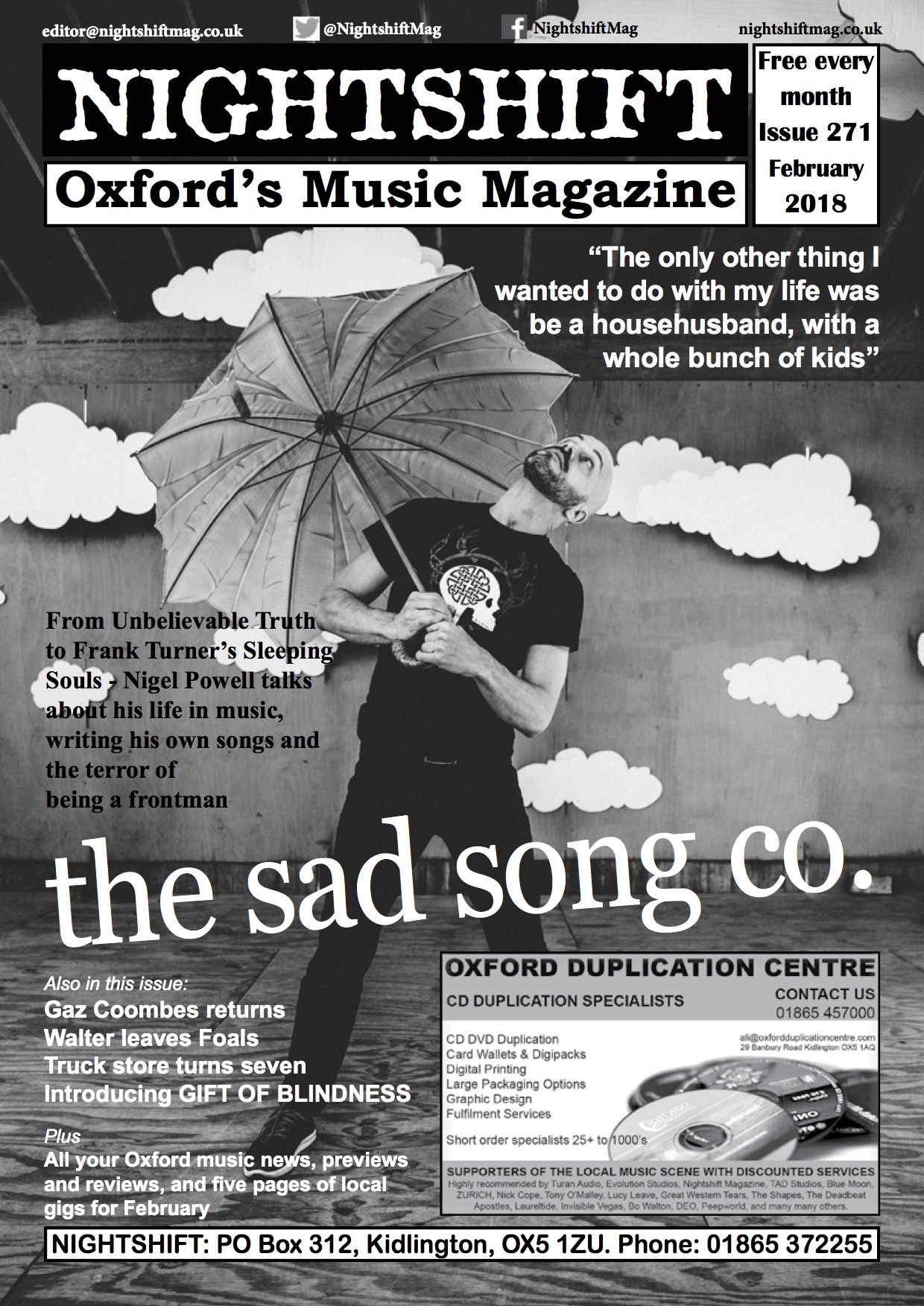
Richard Hamilton Building, Headington Hill site
Oxford Brookes University
Tuesday 27 March 2018, 9.45am – 4.30pm
Oxford’s local music magazine, Nightshift, will be the subject of a full day of discussion at Brookes University on Tuesday 27 March, hosted by the Popular Music Research Unit.
The day will feature the history of Nightshift and the Oxford music scene going back to its origins as Curfew in the early 90s, as well as discussing local scenes, regional music media and demo reviews, finishing with a Q&A session with founder and editor Ronan Munro.
Contributors include:
- Dr Dai Griffiths (Brookes) on Nightshift as a magazine
- Long-time Nightshift writer Sam Shepherd on the magazine’s history
- Perspectives from: Professor Martin Cloonan (Glasgow/Turku); former Sandman editor Jan Webster; local promoter Richard Catherall; local promoter, artist manager and PR Vez Hoper; BBC Introducing Oxford producer Liz Green; and Graham Hobbs and Jonathan Roscoe from Shire Folk
- Local musicians Mike Monaghan (Gaz Coombes, St Etienne, Willie J Healey), Mike Smith (Lucy Leave) and Hannah Watts and Joe Turner (Worry) on their demo reviews
The event is open to the public and all are welcome, but we need to know numbers – so if you would like to attend, please email nightshifteventreg@gmail.com
Meet the Students – Julia Ehmann
Julia Ehmann is originally from Germany. She joined the Popular Music Research Unit in 2013 and completed her PhD studies in July 2016. Her thesis title is ‘Radiohead and the Uses of Genre’.
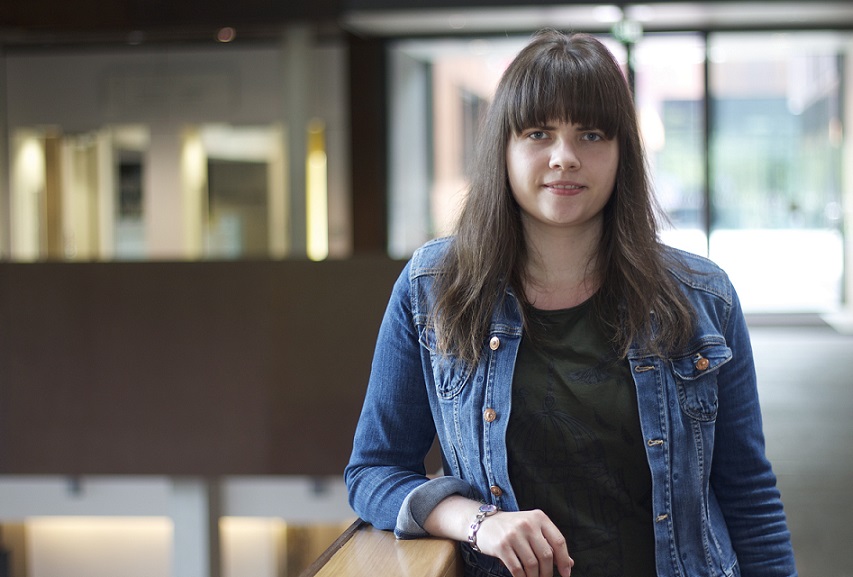
Tell us about your research project.
My PhD deals with conceptions of style in the music of Radiohead and argues for a relevance of discourse-based approaches for the study of popular music genres. It explores the idea of genre as a multidimensional system of meaning that allows for a number of different, yet equally valid, interpretations based on the varying listening conditions of different audience groups. A central aim of my work is to provide a new methodology for studying issues of musical categorisation and interpretation, which is available to people with varying musical backgrounds and from different disciplines.
Genre is a controversial and ambiguous concept that plays an important role for the ways in which popular music is perceived and evaluated on a daily basis. Informed by a vast number of individual perceptions and opinions, popular music genres are complex constructs that are subject to constant processes of change and progression. At the same time they also hold great descriptive value and are often used to convey particular sets of connotations within audience discussions and journalistic discourses.
In my research I explore the possibilities of a study of generic diversity in individual musical oeuvres and specifically in the music of Radiohead, which is based on a combined analysis of text-based characteristics and critical discourses. Both approaches can be useful as they highlight two different but often complimentary sides of generic meaning – the intended meaning originating from musicians, composers or producers as well as the perceived meaning on the side of the audience. Therefore, by looking at genre discourses, one can gain valuable insights into the various uses and functions of genres as well as their influence on the contents of particular discussions and perceptions.
Over the years since their formation Radiohead’s music has become the subject of a particularly wide and varied discourse on genre that has influenced journalists and wider audiences alike. In the popular music press the band has been assigned a multitude of different genre categories ranging from labels such as post shoe-gazing, progressive rock and post-rock, to ambient, dance or electronic music. It is this generic diversity that I am particularly interested in. My research aims to explore how these different interpretations of genre can originate from the same musical work and to what extent their study can be useful to achieve a better understanding of the nature of genre during the course of music analysis.
My research topic is based on previous work undertaken during my MA studies and my time at Brookes has given me the opportunity to develop some of my ideas further by exploring the relevance of genre as a way into music analysis. In 2011 I graduated from the University of Hamburg with a BA in Historical Musicology and History. While my undergraduate studies were largely focused on the methodologies and debates of classical music, they also allowed me a first glimpse at popular music studies as an academic discipline and opened up new perspectives on the various ways in which these different kinds of music could be approached and analysed. My history studies in particular made me aware of the considerable impact discursive sources and oral histories can have on the study of musical matters and soon led me to develop a new fascination with the possibilities of integrating reception-based methodologies into my work. This, paired with my long-standing interest and previous involvement in music-journalism, gave me a new outlook on music interpretation and the different ways in which the study of individual listener accounts can contribute to the understanding of music and popular music in particular.
While studying for my MA degree at Goldsmiths, University of London, which I completed in 2012, I had the chance to focus on the subject of popular music as my main research area. My MA dissertation allowed me to explore some of the ideas that have influenced my PhD studies so far. It also gave me the opportunity to explore new methodologies on a more individualised basis and develop strategies for the inclusion of journalistic sources into the study of popular music, which have served as a starting point for my current research. In particular my time at Goldsmiths prepared me for dealing with the differences and difficulties that studying in another country often seems to present, while also presenting me with the invaluable experience of encountering my chosen area of study from the new and very interesting angle of a different academic environment.
While the study of popular music in the UK developed over the course of the last thirty-five years, in Germany the discipline is still evolving as part of the wider field of music related studies and so is slightly less academically established. During my time at the University of Hamburg, my class was one of the first to be able to choose popular music modules from an otherwise classical musicology degree curriculum. Thus having been able to study popular music subjects and methodologies in both countries I have gained incredibly interesting insights into the different perspectives and development stages involved. It has allowed me to form a more all-encompassing and transnational view of the discipline. Additionally it prepared me to deal with different or contradicting approaches and methodologies in my research and made me aware of the many ways in which these different perspectives could be beneficial for my explorations of popular music genres. Finally it has given me the chance to conduct research on a topic and work in a discipline that is still very new in the academic environment of my country, which is one of the reasons why studying at Brookes has been a very unique opportunity and fascinating experience so far.
While studying in a different country and language can certainly be a daunting prospect, it also presents a challenge that can be very valuable for the development of one´s academic abilities. Personally it has helped me to explore new perspectives and utilise the knowledge gained during my previous studies in differing ways. During my time as a research student at Brookes I furthermore had the opportunity to attend a number of conferences, study days and workshops focused on popular music subjects that have given me new and interesting insights into the current developments of my subject area. Most recently I also had the chance to present my current work in front of different academic audiences, which has been one of the most interesting and valuable experiences as a research student.
………………………………………..
Having completed my PhD studies in July 2016, I can say that I have enjoyed and benefited from my time spent as a research student in the music department at Oxford Brookes University. In October 2016 I started a one-year fellowship at the University of London´s Warburg Institute, where I am conducting research for a postdoctoral project that will eventually be situated at the University of Hamburg. My work is concerned with listening behaviours in popular music audiences and I am particularly interested in exploring retrospective processes of music reception. I am currently working on an essay that will be based on my research on retrospective music scenes in London and I am also planning to publish my PhD dissertation as a monograph.
Meet the Students – Josie Turner
This academic year we welcome Josie Turner, who is studying for a PhD within the Popular Music Research Unit.
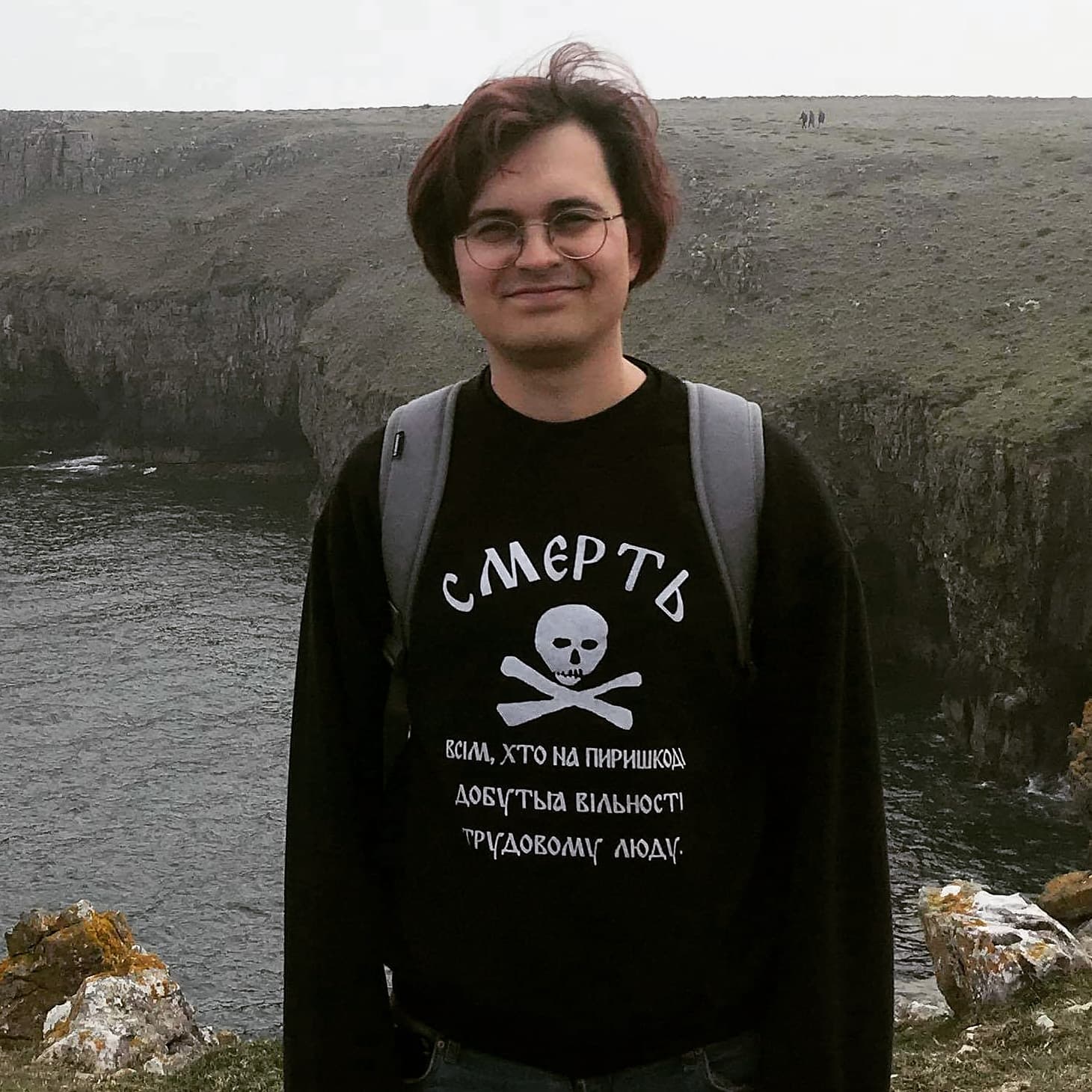 Before you came to Brookes, what did you study and where?
Before you came to Brookes, what did you study and where?
I specialised in music composition at the University of Birmingham and then the University of Southampton. I had originally planned to pursue a career in composition but instead was lured to the dark side of Popular Music Studies. I have always been deeply involved in popular music as a fan and a musician, but I used to have quite a snobby attitude towards PMS, preferring to study “art music” instead. I’m glad I dropped that stupid attitude.
What made you choose Brookes as a place to study?
It seems incredible to me how overlooked PMS is still in some university music departments. Having decided to make the switch from composition to PMS I wanted to study somewhere that takes it seriously, not as an afterthought. The existence of PMRU at Brookes was one of the big selling points for me. Plus, I grew up near Oxford and know the city well so the idea of studying here was very appealing to me.
What are your main research interests?
I’m currently researching issues of genre and authenticity in black metal. It mainly involves transcribing Darkthrone tracks to Sibelius.
Do you have plans to take your research interests further?
At the moment my research is an end in itself – and there’s a long way to go before I’m even close to that end! That said, Metal Music Studies is a growing area of research and it is fun to be a part of that. My ever-patient and wise supervisor Jan would tell you that I went through about three or four different research ideas before settling on my current topic, so there’s certainly no lack of ideas I could pursue further.
Do you have any related interests outside academia?
When I’m not studying or watching the Simpsons I’m usually playing or writing music. As well as singing and playing guitar and drums in a number of bands I play fiddle, banjo and concertina, sometimes with others and sometimes solo. As much as I enjoy my research, writing and performing music was my first love and I always make plenty of time for that side of things. Basically, I want to have my cake and eat it!
Do you have any advice for prospective students of Popular Music?
Come to Brookes! The staff know the subject inside out and are lovely people to boot, plus there are few cities in the UK with more going on musically than Oxford. And don’t forget, pop music scholars are pop music fans too – the two should always go hand in hand.
